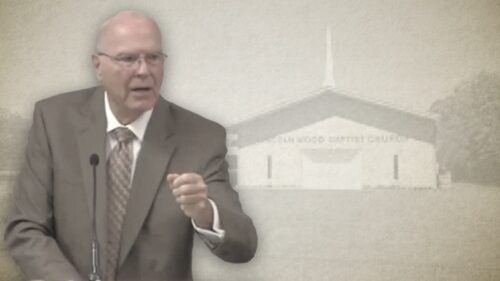-
Paul’s Care For The Churches
FOR A COMPLETE ORDER OF WORSHIP, INCLUDING BIBLE READING, HYMNS AND SERMON...
-
What Does It Mean To Quench The Spirit?
FOR A COMPLETE ORDER OF WORSHIP, INCLUDING BIBLE READING, HYMNS AND SERMON...
-
What Is A Reformed Baptist?
According to the Founders Ministries, Tom Hicks serves as the Senior Pastor of First Baptist Church of Clinton, LA. He also serves on the board of directors for Covenant Baptist Theological Seminary and is an adjunct professor of historical theology for the Institute of Reformed Baptist Studies. I was recently asked to give a response to his article entitled “What is a Reformed Baptist”. I submit the following, believing it may be of help to others who are examining the differences between the Reformed and Particular Baptists. Tom Hicks writes:
-
A Comparison Between The Covenantalism Of Moderate And High (Hyper) Calvinism
Based on the chart presented in R. C. Sproul's book, "What Is Reformed Theology", Jared Smith demonstrates the difference between the covenantalism of Moderate and High (Hyper) Calvinists.
-
Exercising Ourselves In Godliness, Doctrine And Discernment
FOR A COMPLETE ORDER OF WORSHIP, INCLUDING BIBLE READING, HYMNS AND SERMON...
-
Learning How To Possess Ourselves In Sanctification And Honour
FOR A COMPLETE ORDER OF WORSHIP, INCLUDING BIBLE READING, HYMNS AND SERMON...






